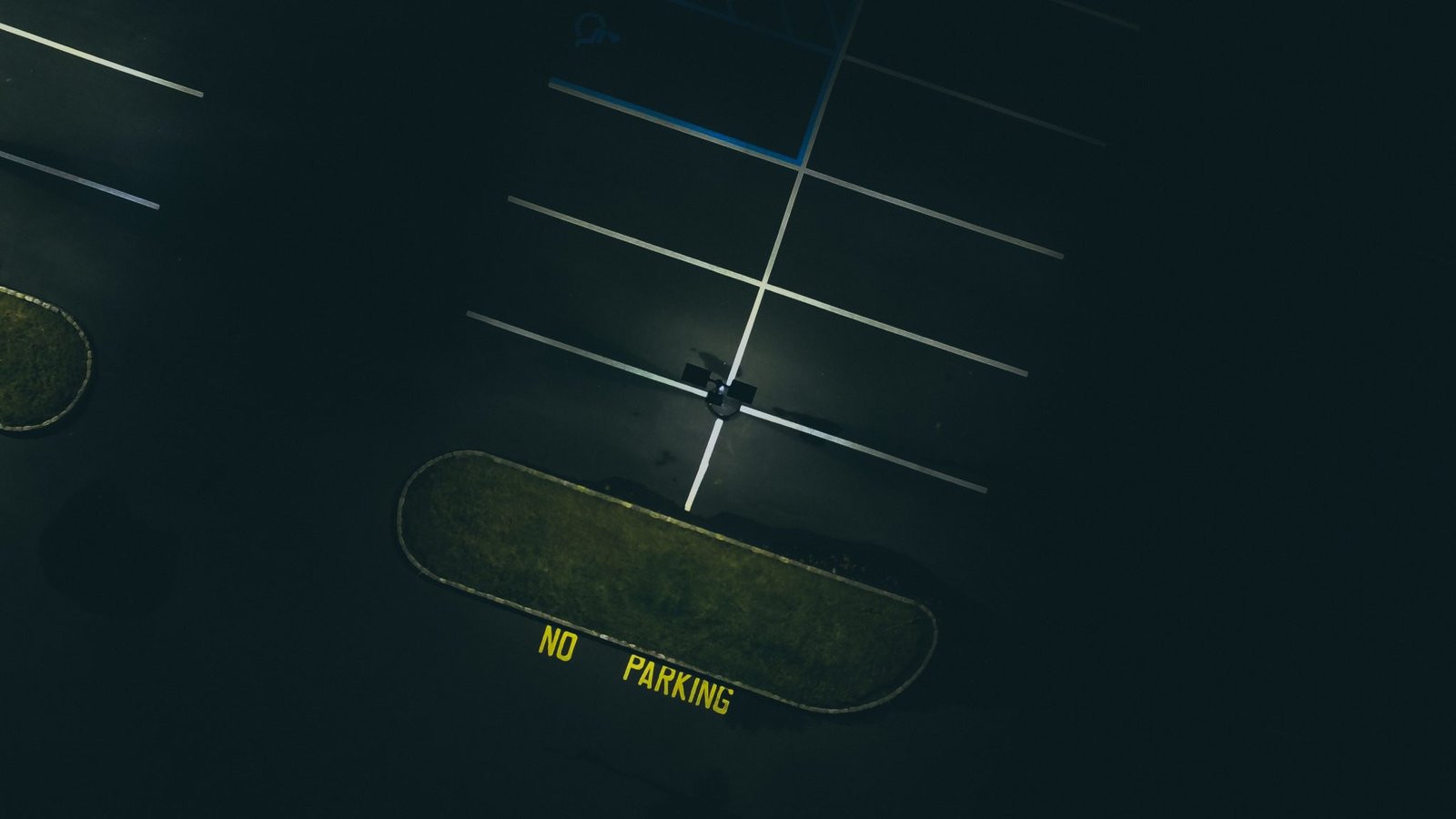In today’s fast-paced world, efficiency is key.
This holds especially true in industries like automotive, insurance, and law enforcement, where accurate and efficient VIN (Vehicle Identification Number) verification is crucial.

Traditionally, this process has been slow and error-prone, but with the advent of technology, VIN verification is being revolutionized. In this blog, we will explore the impact of technology on streamlining VIN verification processes, examining both current practices and future innovations.
Understanding VIN Verification
Understanding VIN verification is pivotal for ensuring complete VIN verification processes. The Vehicle Identification Number (VIN) serves as a unique identifier for each vehicle, containing essential alphanumeric details that provide crucial insights into the vehicle’s history, specifications, and manufacturing origin. Through comprehensive VIN verification, stakeholders in the automotive, insurance, and law enforcement sectors can gain a comprehensive understanding and validation of vehicle data. Technologies such as Optical Character Recognition (OCR) and Artificial Intelligence (AI) are increasingly enhancing the efficiency and accuracy of VIN verification, streamlining processes, and minimizing errors. By delving into the nuances of VIN verification, businesses and individuals can optimize their operations while upholding the integrity and reliability of vehicle information.
Traditional Challenges in VIN Verification
Traditional VIN verification methods have been plagued by challenges such as time-consuming manual inspections and the potential for human errors, which can lead to discrepancies in vehicle data. The reliance on visual cross-referencing of alphanumeric characters has made the process susceptible to inefficiencies and inaccuracies, impacting industries like automotive, insurance, and law enforcement. These challenges have necessitated the evolution of VIN verification methods, prompting the integration of technology-driven solutions to streamline processes and mitigate the limitations of traditional verification approaches.
https://www.youtube.com/watch?v=QI6NMLpcOwI
The Impact of Technology
The impact of technology on VIN verification has been transformative, revolutionizing the efficiency and accuracy of the process. Technologies such as Optical Character Recognition (OCR) and Artificial Intelligence (AI) have automated VIN verification, significantly reducing processing times and minimizing the risk of errors. This technological advancement has not only expedited transactions but has also bolstered anti-fraud measures in industries such as insurance and automotive. Overall, technology has elevated VIN verification to new levels of speed and precision, paving the way for enhanced operational excellence across diverse sectors.
Future Trends and Innovations
The future of VIN verification is poised for remarkable advancements, with emerging trends and innovations reshaping the landscape. One prominent trend is the integration of blockchain technology to create immutable and transparent records of vehicle histories, ensuring data integrity and combatting fraud. Additionally, the utilization of machine learning algorithms holds promise for enhancing VIN verification by enabling predictive analytics for identifying potential discrepancies or anomalies in vehicle data. Furthermore, the proliferation of Internet of Things (IoT) devices in vehicles is expected to enable real-time VIN verification, facilitating seamless monitoring and verification of vehicle information.
Innovations in augmented reality (AR) and virtual reality (VR) are also poised to revolutionize VIN verification processes, allowing for immersive and interactive inspection experiences that can enhance accuracy and efficiency. These technologies may enable remote VIN verification, reducing the need for physical inspections and expediting transactions. Overall, the future of VIN verification is shaped by a dynamic fusion of cutting-edge technologies, promising an era of heightened reliability, efficiency, and security in the verification of vehicle identification numbers.
Benefits and Implications
The adoption of advanced technology in VIN verification offers a multitude of benefits, including heightened accuracy, streamlined processes, and reduced operational costs. By leveraging technologies like OCR and AI, businesses and regulatory agencies can expedite the verification process, leading to faster transaction times and improved customer satisfaction. Furthermore, the integration of blockchain technology ensures secure and tamper-proof record-keeping, bolstering trust and transparency in the vehicle verification ecosystem. These innovations are poised to deliver significant efficiency gains and cost savings across industries reliant on VIN verification.

However, the widespread implementation of technology-driven VIN verification may also have implications for workforce dynamics, potentially impacting roles that traditionally focused on manual verification processes. Additionally, the need for robust cybersecurity measures to safeguard digital records and prevent unauthorized access becomes paramount as verification processes become increasingly digitized. As such, while the benefits of technological advancements in VIN verification are substantial, stakeholders must navigate potential shifts in workforce requirements and prioritize robust cybersecurity protocols to mitigate associated implications effectively.
Implementing Efficient VIN Verification Solutions
For businesses and organizations seeking to integrate efficient VIN verification solutions, careful consideration of technology partners and solution providers is paramount. Selecting reputable and adaptable technologies that align with regulatory standards and industry best practices is crucial. Furthermore, training and upskilling personnel to leverage these technologies effectively is imperative for successful implementation.
In conclusion, the impact of technology on VIN verification processes is undeniably transformative. From mitigating human errors to expediting transactions, the marriage of technology and VIN verification signifies a leap towards greater efficiency and reliability. As we continue to witness advancements in this space, the future promises even more streamlined and secure methods of VIN verification, driving unprecedented value for stakeholders across diverse industries.






